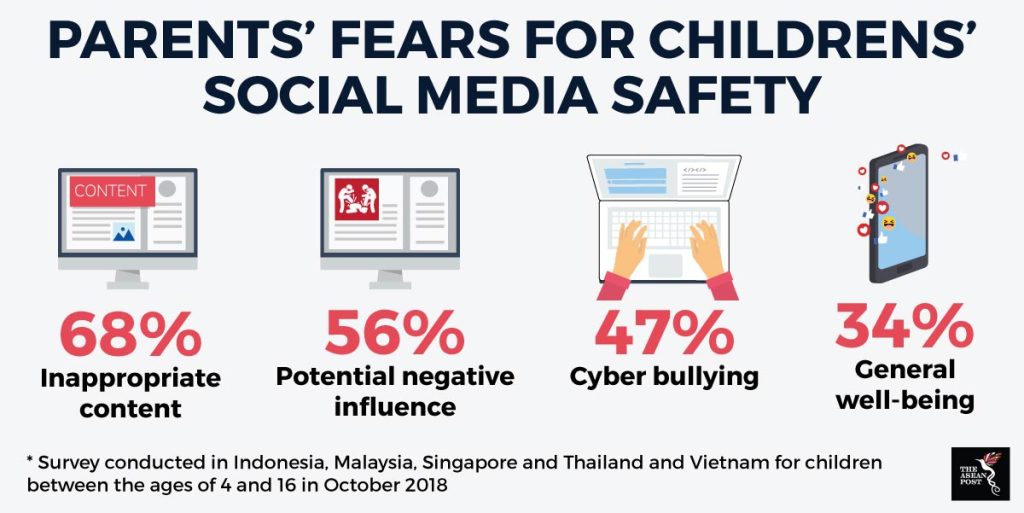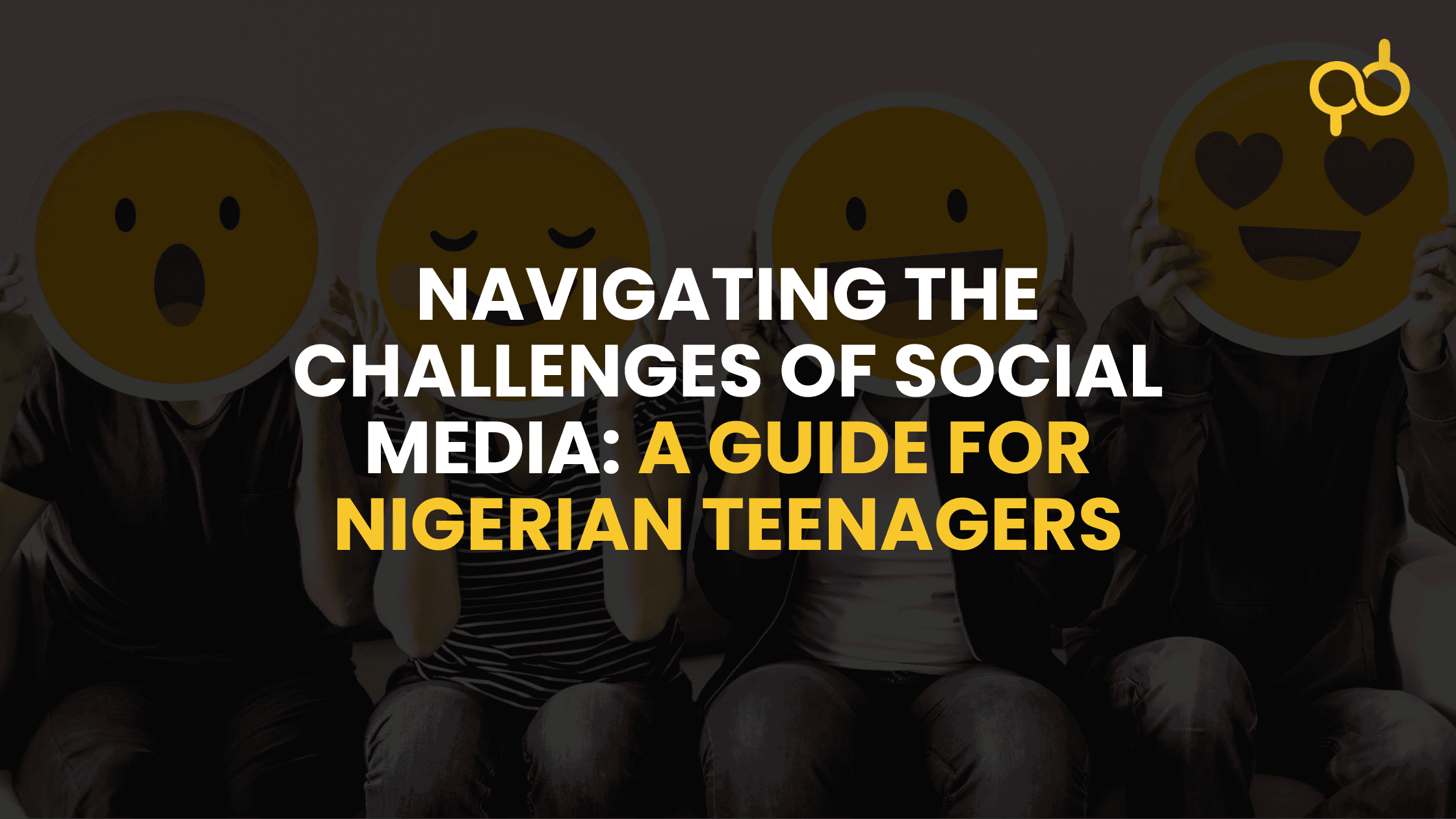In today’s digital age, social media has become an integral part of everyday life, especially for Nigerian teenagers. Platforms like Instagram, TikTok, and X (formerly Twitter) allow teens to connect, share ideas, and stay informed. However, with this access comes significant challenges, and it’s crucial for both parents and teenagers to understand how to navigate them.
One major concern is exposure to inappropriate content. Social media often exposes young users to explicit images, misinformation, and dangerous trends that may negatively influence behavior. It is easy for teens to fall prey to the allure of flashy lifestyles and unrealistic body standards, leading to issues like anxiety, low self-esteem, and body dysmorphia. Nigerian parents must have open conversations with their teens about the content they consume and ensure they understand that what they see online isn’t always real.
Another critical issue is cyberbullying, which is on the rise. Nigerian teenagers are increasingly becoming targets of harmful comments, threats, and shaming online. This can take a toll on their mental health, leading to depression or social isolation. Teens must be encouraged to report bullying and avoid toxic spaces that thrive on negativity.

Online privacy is another vital concern. Nigerian teenagers often unknowingly share too much personal information, making them vulnerable to identity theft or online predators. Encouraging teens to protect their privacy by using strong passwords, avoiding oversharing, and being cautious of whom they interact with online can reduce these risks.
So, what is the right age for social media? While there’s no definitive answer, experts recommend waiting until children are at least 13, as most platforms set this as the minimum age. However, parents should carefully monitor usage even after this age to ensure responsible engagement.
READ MORE: Social Media and the Decline in Reading Culture
Ultimately, social media offers both opportunities and risks. Nigerian teenagers need to be aware of its pitfalls and learn to use it responsibly to safeguard their well-being and mental health.
